Welcome back to Chess in Small Doses! I just finished my first OTB tournament since April 2023. Thank you for all the well wishes before the tournament. Overall, things went better than I had expected, especially since I was playing up a section. I learned a lot about my chess game: both what I do well and what I need to work on. Let’s get into it!
First of all let me compliment Rising Star Chess for putting on a fantastic tournament! I’m not sure of rules but this tournament was both USCF and FIDE rated. A very nice bonus. It was well run and we even had a GM playing in the top section! My hats off to Richard Smouse and Buddy Thompson.
You can see a nice mix of kids and adults in the tournament room. I played both younger and older players, so it was a fun mix. The tournament results are not online yet, but should be up later this week. I played in the u2000 section and I went 2/4 with two wins as White and two losses as Black. The immediate rating impact is not what I’m focused on. I’m looking for improvement over time. You can see my tournament history here to see where I ended up if curious. That being said, I started as USCF 1582 (Class C) and I suspect this tournament will put me back over 1600 (Class B).
Before we move on however, let me recommend to you IM Alex Baneza’s London Course. I recently switched from 1.e4 to 1.d4 to stay with consistent pawn structures since I play the Caro Kann and the Slav as Black. What I didn’t expect is to find the best course on Chessable and it’s not close. What makes Baneza’s course so special is he has an entire chapter focusing only on pawn structures that come from different lines. For the typical pawn structures that result, he discusses plans for both sides. There are Master games if you want to see for yourself, also chapters on specific lines if you want to train the moves. Since going through that course I have completely changed what I expect from other Chessable courses and from my own preparation. I don’t want to know the moves… I want to know the plans for both side.
Thanks to the prep, I really felt comfortable with the London as White. I had some solid chances as Black with the Caro Kann which I’ve been playing for 6+ years now, so that gives me hope going forward. I haven’t analyzed the games yet but I’m proud of the way I played. When I do I’ll share them in the feed.
That being said, on to the games. I’ll show you below the exact moment where I either won or lost the game.
Game #1) N. Vasquez (1582) vs L. Reiufurth (1700)
Believe it or not, this is where I “won” the game. After 4…e6 I recognized the Queens Gambit Declined structure. I believed the plans for White were to finish development, put a knight on e5, support it with f4, castle short, then play a rook lift to f3 ending up on h3. My target from here on out in the game was the h7 pawn. Black’s plan is for a Minority Attack. Believe it or not, this is exactly how the game played out. I eventually got two rooks on the h file and Black resigned after 21 moves! Here’s the final position for my highest rated OTB win ever!
Game #2) M. Zaidavar (1662) vs N. Vasquez (1582)
I lost the game right here. My opponent had moved his bishop to f2 and I played Nh4 aiming for f5. After that he moved his bishop back to e3. For some inexplicable reason I thought “OK, I’ll take a draw”. I was thinking that if I played the knight back to f5 we’d just repeat moves. WTF??? I wonder what would have happened after Ng3? I’m curious to look when I analyze this game. After that my opponent found his footing and played for a strategy where he keeps the bishop pair, even giving up the exchange to get it. I had plenty of chances, but I felt like I just didn’t really know what the plans were out of the opening. I was just kinda playing moves and seeing what happened. It was a completely different experience than my first game. Final position below where I resigned.
What I took away from this game is… no draws! Fight until the game is decided. That lesson paid off the very next game.
Game #3) N.Vasquez (1582) vs E. Hong (1519)
Here’s where the game was won. I knew my opponent made a mistake with Qc6. From here I knew that if I played d5 and then secured it with either e4 or c4, then I would be better on account I’d have the better bishop. That bishop came to decide the game for me, though it wasn’t easy. We played on for over 3 hours and I needed a second score sheet to record all the moves! My opponent offered a draw 3 separate times. After the previous game’s lesson, I declined (politely) every time. We’re not here for draws. We played on and I won with a bishop sac in the final position you can see below. Black cannot stop the pawn promotion to come. Score one for being stubborn!
Game #4) A Booth (1905) vs N. Vasquez (1582)
I was 2/3 heading into the last game and I got paired up with a 1900 level player I’d faced once before. I really want to go analyze this game because for much of the game, I was behind a pawn but had compensation in the form of better activity with targets to attack. My opponent had just moved Qe2 and I thought I could win the a pawn. I didn’t do the basic safety check and after Bxa3 Rxa3 he hit me with Qf3+ and a double attack on both the king and my rook. This loss was entirely due to my pre-move decision making. A bummer for sure as it felt like I had him on the ropes. Still, a great learning experience.
Lessons learned
So what did I learn? I had three key lessons.
I will demand more from my opening preparation. I want to know pawn structures and plans, not rote moves. The experience of sitting over the board and thinking “I know what to do here” was transformative. Honestly all Chessable courses should be held to this standard, helping you understand plans instead of moves.
I will be ready to play to the end. No draws, no easy way out. No avoiding the challenge, we play until the game is finished. How else will I ever learn?
I noticed played more by gestalt than I did by checklist. My pre-move mental checklist got shorter as I got into the flow of the game. In both of my losses, it hurt me as I missed some opportunities. I’m suspicious that if I look at all my games I’ll find stuff I could have anticipated within the next 3-4 moves. This is a clear thing I can work on. I’m not 100% sure how just yet but I’m 100% sure it’s under my control.
Beyond that, I am proud of how I played. I learned I can hang with 1900 level players. I ground out a tough win against a younger player. I ran one guy off the board. I played resiliently as Black. So begins what I hope is a year of tournaments. Thanks for reading and leave a comment below!






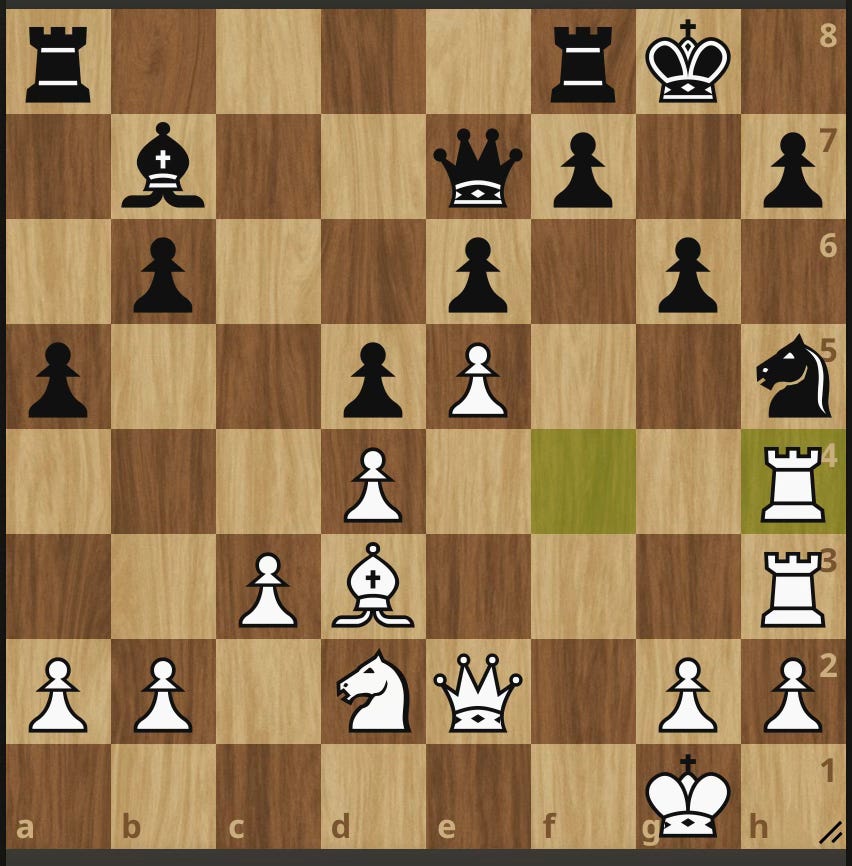
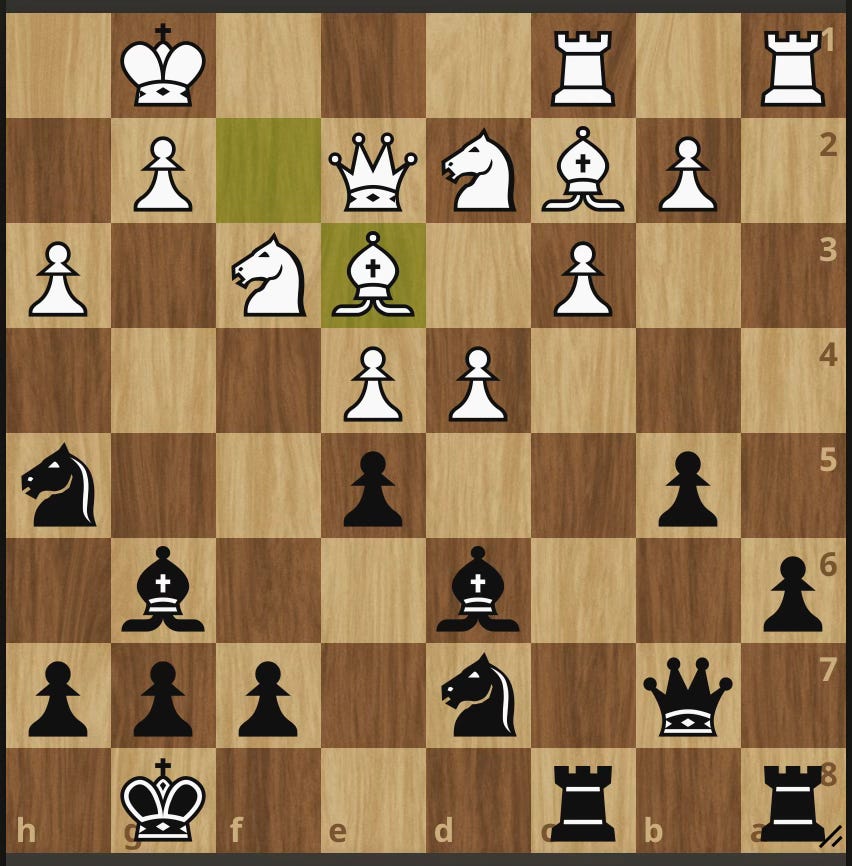
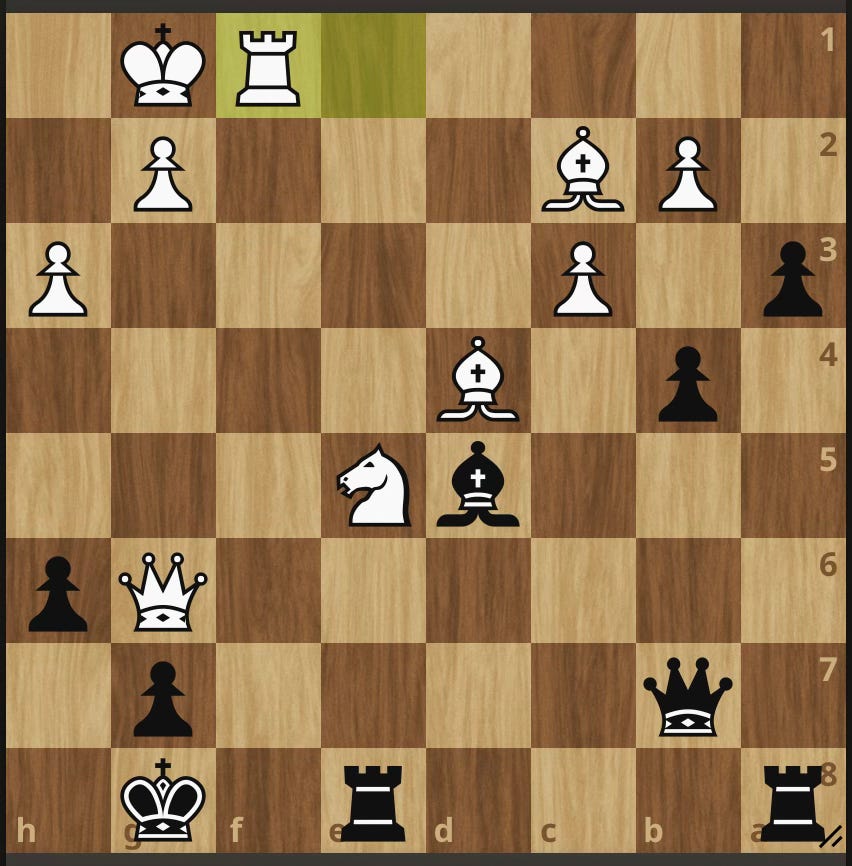
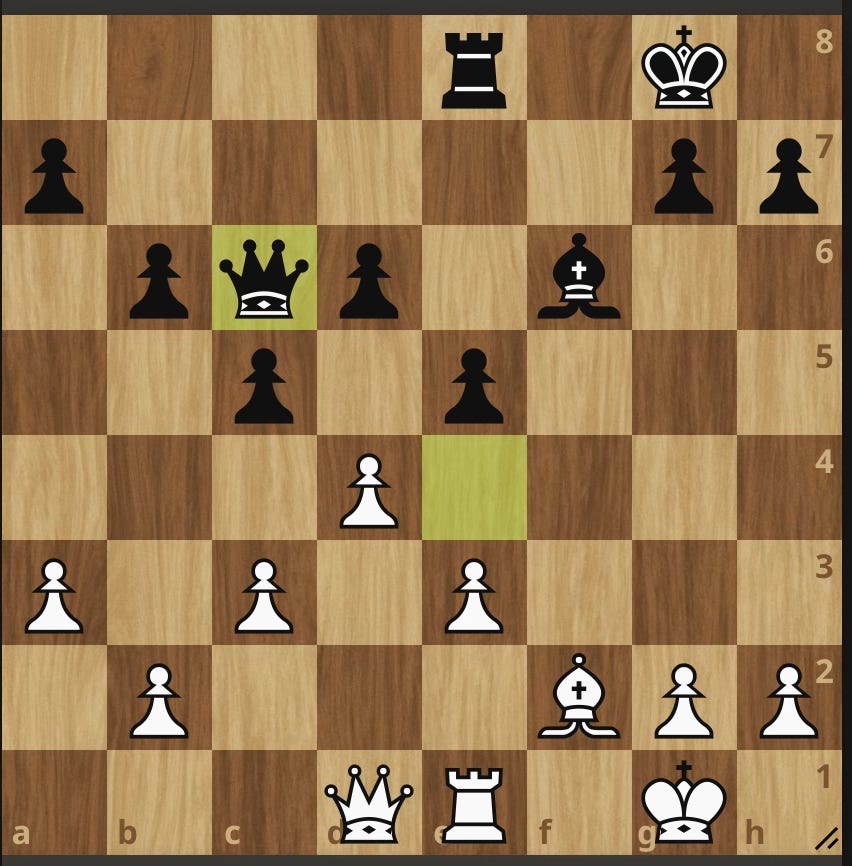
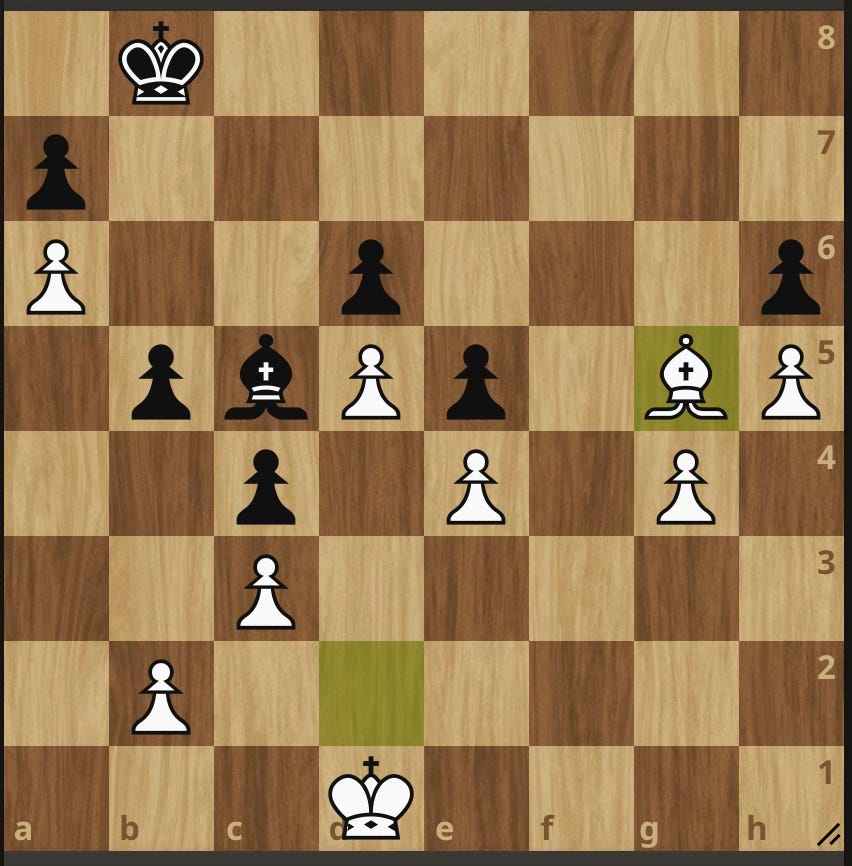
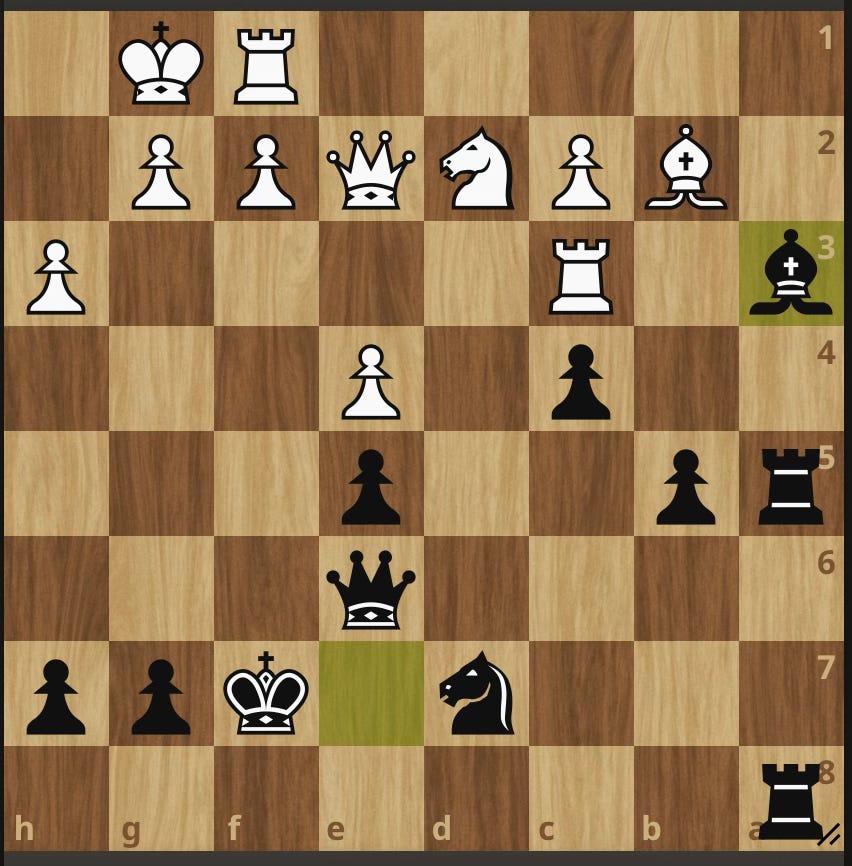
Congratulations Nick. Well Done!
Congrats on a great showing Nick! I enjoyed the "key position" format